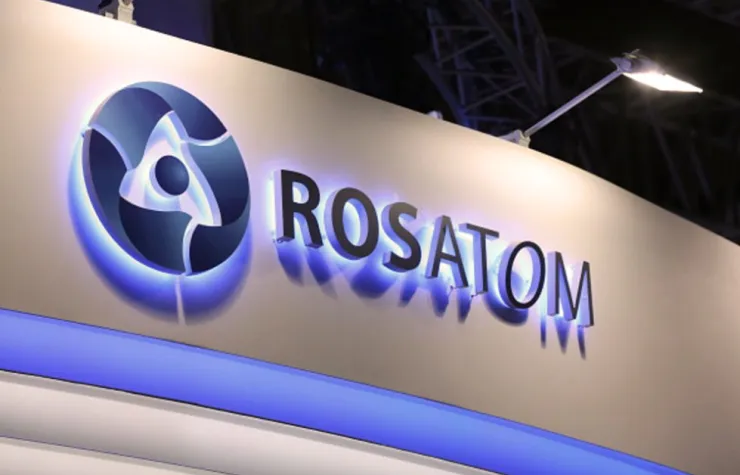Rosatom will complete a research reactor in Bolivia by 2024, announced Evgueni Pakermánov, the head of Rosatom Overseas.
Training for the operational staff is happening alongside, aiming for an early 2025 launch.
This center is vital for advancing high-tech cooperation between Russia and Latin America, boosting Rosatom’s global presence.
The project introduces advanced solutions for healthcare, food safety, medical sterilization, and environmental research.
Interest from other Latin American countries is growing, as Pakermánov notes, expecting regional engagement to increase post-launch.
The NRDTC is a pivotal project for high-tech collaboration between Russia and Latin American countries, aiming to enhance Rosatom’s global influence.

The project begins in phases: a Cyclotron Complex for cancer care started in March, and a food safety irradiation center opened in October.
Rosatom is set to launch a radiobiology lab and finish the reactor at NRDTC in 2024.
Background
The collaboration with Rosatom reflects Bolivia’s strategic move to harness nuclear technology for development.
Historically, Latin America has been cautious in nuclear advancements, focusing on peaceful uses.
This project is a leap in Bolivia’s scientific capabilities, showcasing the region’s growing tech ambitions.
Russia’s partnership with Bolivia also signals its interest in expanding technological ties with Latin America.
Such nuclear research initiatives could pave the way for a new era of energy and medical research in the region.
The gradual launch indicates careful planning and the prioritization of sustainable practices.
As the project nears completion, it promises regional benefits, from improved cancer treatments to enhanced food security.
This endeavor may encourage more Latin American countries to explore high-tech collaborations, potentially reshaping the continent’s technological landscape.

